
Evergrande’s Electric Vehicle Units Enter Bankruptcy Proceedings Amid Ongoing Sale Negotiations
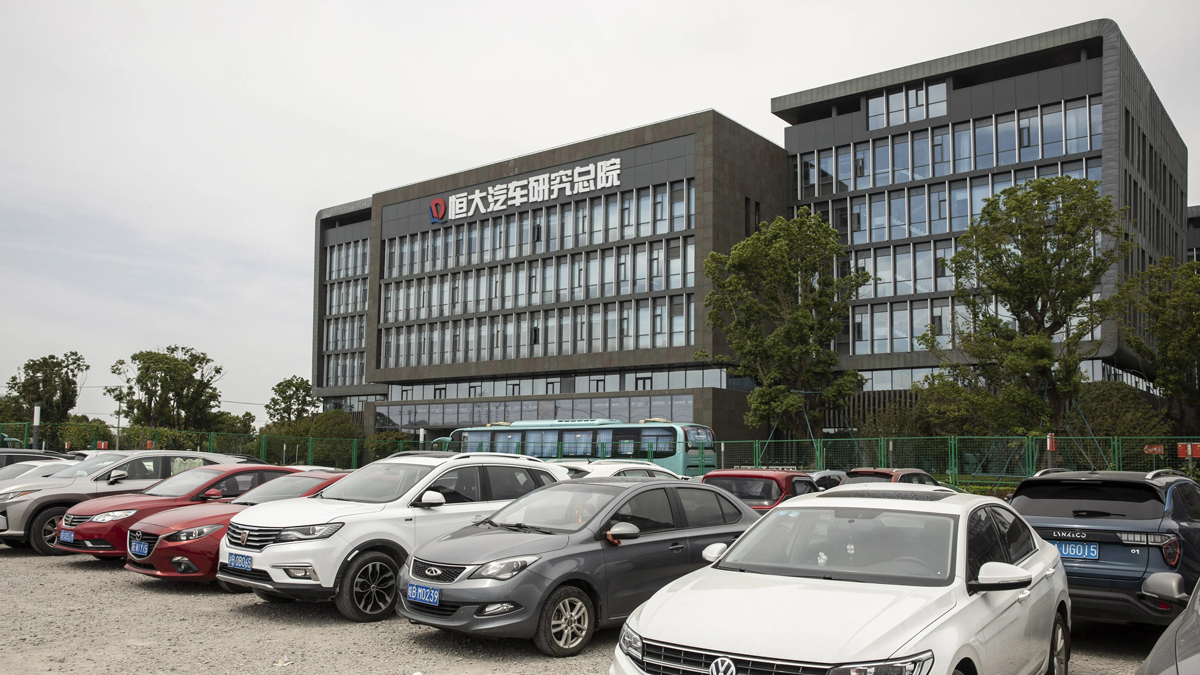
The electric vehicle (EV) arm of embattled Chinese property developer Evergrande, which was in talks with a potential buyer two months ago, now faces bankruptcy proceedings that could jeopardize any deal. Two mainland units of China Evergrande New Energy Vehicle Group have entered into bankruptcy and reorganization, following an application from individual creditors, as per a filing on Monday.
On the same day, Evergrande’s liquidators announced they were seeking billions of dollars from several executives, including founder Hui Ka-Yan. This development and the uncertain outlook for the EV group’s sale highlight the challenges in recovering assets from Chinese property developers facing winding-up orders.
Just two days before the bankruptcy application was revealed in late July, China Evergrande New Energy Vehicle Group indicated that discussions with a potential purchaser were ongoing but no agreement had been reached.
“Any potential buyer would need to handle the domestic units’ creditors carefully, not only the offshore parent company,” stated Lance Jiang, a restructuring lawyer at Ashurst in Hong Kong. He noted that a mainland court could initiate bankruptcy administration of the domestic units, potentially introducing a strategic investor that might “squeeze out” the Hong Kong-listed New Energy Vehicle parent company entirely.
In May, liquidators for Evergrande, Evergrande Health Industry Holdings, and Acelin Global—holding about 58.5% of the EV group’s issued shares—entered negotiations with the potential buyer. The proposal included a line of credit to sustain the EV group’s operations, which are suffering from a “severe shortage of funds,” according to a stock exchange filing.
As of June 2022, Evergrande held more than 50% of the New Energy Vehicle Group, identified as a “key” asset in its January liquidation order. An anonymous source familiar with Evergrande’s restructuring said the onshore bankruptcy process of the subsidiaries—Evergrande New Energy Vehicle (Guangdong) and Evergrande Smart Automotive (Guangdong)—has effectively removed Evergrande’s controlling shareholder rights.
“If the assets being liquidated are core assets, it would definitely impact investor confidence to move forward with the deal,” the source added.
Evergrande New Energy Vehicle Group warned in a July announcement that the bankruptcy application “has a material impact on the production and operating activities.”
The Hong Kong shares of Evergrande New Energy dropped 7.94% to HK$0.29 on Monday and continued to fall on Tuesday. Nikkei Asia has reached out to Evergrande’s liquidators for comments on how the units’ bankruptcy might affect the sale process.
With over $300 billion in liabilities, Evergrande’s liquidators have made only a “modest realization of assets” four months after the liquidation order. On Monday, they also announced efforts to recover about $6 billion in dividends and remuneration from Hui, former CEO Pan Darong, former CFO Xia Haijun, Hui’s former spouse Ding Yumei, and related entities.
Legal proceedings against these individuals began in Hong Kong’s High Court in March, obtaining injunctions to prevent them from dealing with or diminishing their worldwide assets. The proceedings, initially under confidentiality, are ongoing with uncertain recovery prospects.
Additionally, Evergrande is looking to sell Evergrande Futures (Hong Kong) and Evergrande Securities (Hong Kong), with respective share capitals of HK$15 million and HK$365 million.
Evergrande had previously failed to complete a plan to sell 27.5% of the EV group’s shares for HK$3.88 billion to Nasdaq-listed NWTN, founded by Chinese entrepreneur Alan Nan Wu.
Amid China’s prolonged real estate crisis, offshore creditors face significant challenges in asset recovery from property developers under winding-up orders in Hong Kong. Legal action remains their primary option, but winding-up orders typically offer limited return prospects.
Regarding the EV group’s subsidiaries, the anonymous source indicated that shareholders’ rights would be nullified if assets enter bankruptcy and liquidation. Assets recovered domestically would prioritize tax and domestic creditor payments before any remaining funds are distributed to shareholders. Liquidators could participate as creditors in the recovery process, but providing evidence for payables would be lengthy.
“This is the most fearful [result], but there’s nothing [the liquidators] can do,” the source concluded.


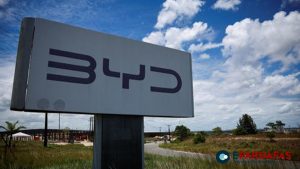

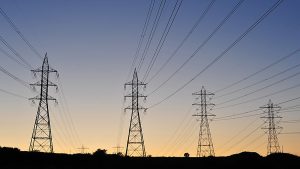


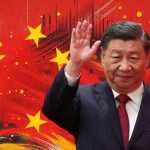



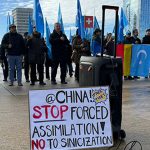
Comments